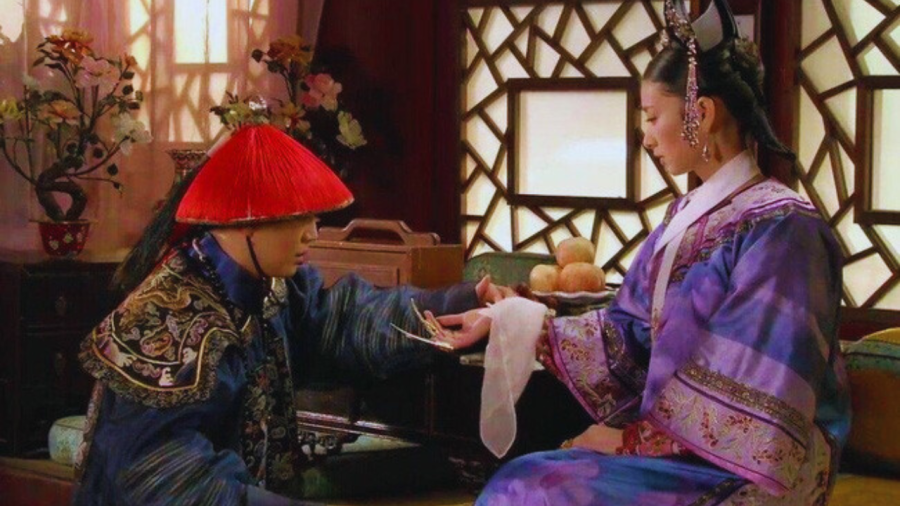In Chinese historical dramas, you must have known that the Cold Palace was the worst place in the imperial palace. If a concubine was banished to the Cold Palace, it meant that she had fallen out of favor, the emperor disliked her, and there seemed to be no future for her. So why did so many eunuchs still fight to serve her?

Concubines who fall out of favor are banished to the Cold Palace, why do eunuchs fight to serve?
The Cold Palace – Where concubines were neglected and spent the rest of their lives
In fact, the Cold Palace was not a fixed location in the imperial palace. When the emperor decided to punish a concubine, he would also designate which palace she would live in for the rest of her life, and this would be the Cold Palace.
If you walk through the Forbidden City, you will not find any palace with a sign that says “Cold Palace.” In fact, the Cold Palace was not cold, it was like a normal palace, but because of its remote location and few visitors, it was given the name “Cold Palace” (literally meaning a remote and desolate palace).
For a concubine, being banished to the Cold Palace was essentially equivalent to being deposed. No matter how favored she was before, once she was sent to the Cold Palace, she would never see the emperor again for the rest of her life, unless he changed his mind.
After being banished to the Cold Palace, the concubine was now no different from a prisoner. Her food was as poor as that of the eunuchs and palace maids, and she had even less freedom than the servants. Naturally, the number of servants serving her was also reduced, and most of the time, she was only accompanied by a maid and a eunuch.

There are many reasons to explain
Why did eunuchs fight each other to serve concubines who were banished to the Cold Palace?
Although concubines who were banished to the Cold Palace would lose their power, they all came from noble families. Their relatives would certainly not bear to see their descendants suffer in the Cold Palace, so they would definitely provide supplies.
At this time, the only channel of contact that relatives of the concubines had was the eunuchs, to whom they could entrust food and supplies for their daughter.
The work in the Cold Palace was very easy. Every day, the eunuchs only needed to deliver food and water and guard the Cold Palace area. Furthermore, the concubines had lost their power, and their status was not much different from that of the eunuchs. Therefore, the eunuchs did not have to worry about being punished or mistreated by the concubines.
The eunuchs were waiting for a chance to change their lives. Although they were banished to the Cold Palace, everything was always changing, and no one could predict what the future held.
There have been many cases where concubines regained the emperor’s favor and were released from the Cold Palace. After regaining their status, the concubines would certainly not forget those who had been with them during their difficult times. Naturally, the eunuchs who had followed them into the Cold Palace would become their confidants.
This was also the moment when the eunuchs’ lives turned a new page.
Silence rule forces Qing dynasty concubines to keep quiet during intimate activities
 concubines to keep quiet during intimate activities’>
concubines to keep quiet during intimate activities’>During the Qing Dynasty, imperial consorts were expected to maintain silence and refrain from making any noise while being attended to by the emperor.




































